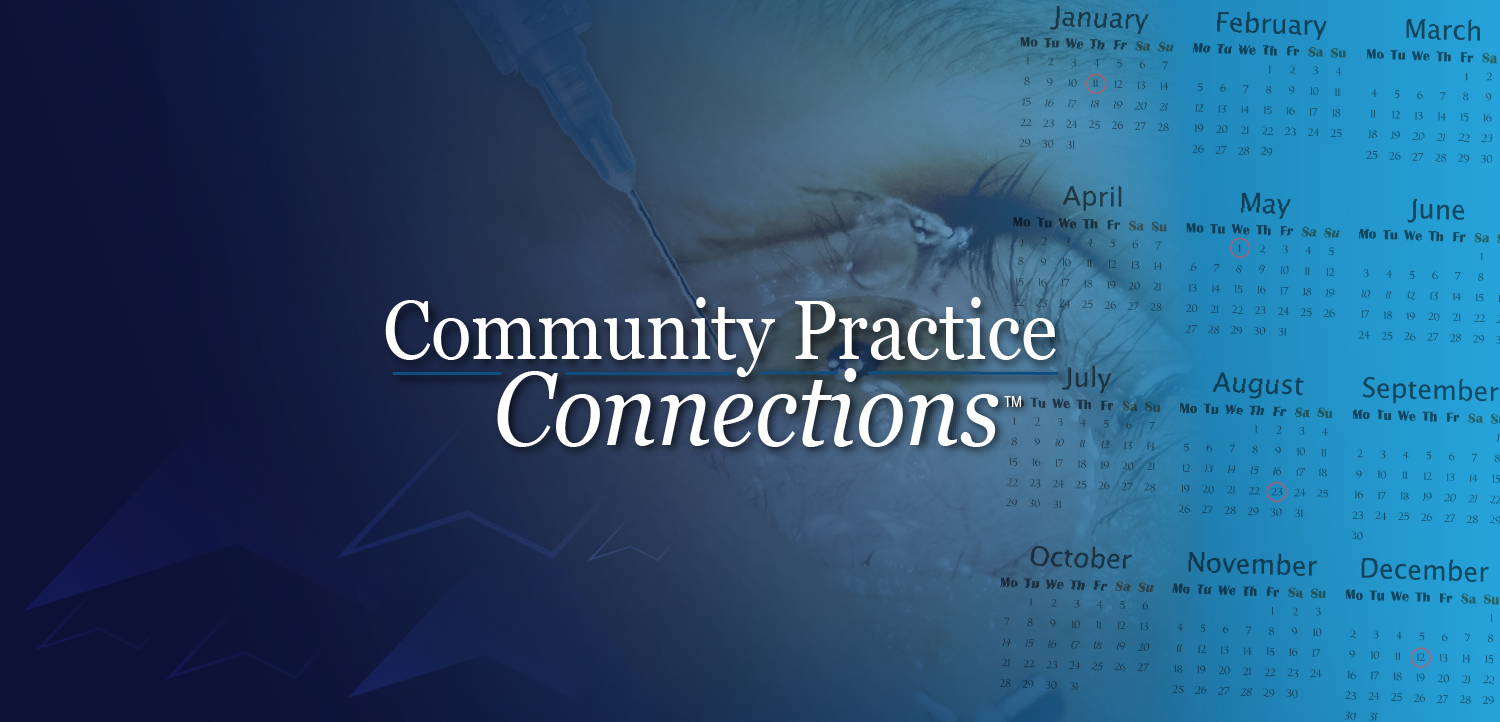
WIO 2024: Integrating AI for postoperative patient care
Hannah Chiu, MD, FRCSC, highlights some of the early benefits of an AI-operated telephone call system for postoperative patient care.
Hannah Chiu, MD, FRCSC, sat down with our editorial team to provide an overview of an AI-operated telephone call system for routine postsurgical follow-up, which has shown safety, efficacy, and acceptability in both the UK and Canada. The AI call helps identify red flags and reduces the need for in-person visits, saving patients travel and family members' time off work. Patient feedback has been positive, with an 8 out of 10 recommendation score, Chiu adds. Although this study is being conducted among patients who have received cataract surgery, the hope is that similar AI postoperative care may be implemented for other types of surgical procedures. Here are some of the highlights of Chiu’s discussion with Group Editorial Director Sheryl Stevenson.
Video Transcript:
Editor's note: The below transcript has been lightly edited for clarity.
Sheryl Stevenson: We are joined today by Dr. Hannah Chiu, who is among the presenters at this year's Women in Ophthalmology summer symposium in Carlsbad, California. Welcome to you!
I know you're going to be giving a talk about how to integrate artificial intelligence or AI into the practice and talking about postoperative patient care. What can you tell us about your talk?
Hannah Chiu, MD, FRCSC: Well, thank you again for the opportunity to share a little bit about my talk, Sheryl. I'm really honored to be able to present on this innovative enhancement to taking care of our patients. So essentially, Dora is an AI-operated telephone call, because I think right now, we are on the bridge working with patients who are probably more elderly, less exposed to technology, and we really needed an application that was easy for them to use. So even though there's the term AI or artificial intelligence, this is also just a regular, old-fashioned telephone call that goes to patients at the postoperative week 1 for routine cataract surgery.
I'm based in Canada, and I'm not sure if some of our listeners are aware, but our geography is quite large. We also have wintry climates. One of the reasons why we really wanted to look into the safety and efficacy and acceptability of AI in this situation is because for patients to travel, to take time off, and also during the wintry conditions sometimes can be a challenge. And so this is something that has been shown, both in the UK and now in Canada at our site, to be safe and acceptable to patients.
Stevenson: That's wonderful. I was curious, too, what are some of the current AI applications in ophthalmology for postoperative care? This is definitely one of them. Are there other applications others are using?
Chiu: I'm not 100% sure about that. It would be nice to learn more about what others are using at this time. Just to expand a little bit of how the AI phone call works, essentially, the patient gets a phone call, and it's a language model where Dora asks questions that are standard to red flags that might come up postop that would flag a necessity to come in for a face to face in-clinic visit versus just a phone call. So this is only for patients who had a standard, routine cataract surgery.
Stevenson: What are some of the other benefits that you've observed personally when integrating AI into postoperative patient care?
Chiu: I think first, like we talked about saving patients from having to travel long distances or in wintry climate, part of the inspiration for this was born out, of course, everything has been touched by the pandemic, but trying to limit in-person visits where there's long wait times, and freeing up time for clinicians to be able to then use that time to see patients that do need to be seen in person. The other thing, too, is for patients themselves. Oftentimes, they come with someone who needs to take time off work, and so that saves time for their family members not to have to take time off work to come with them to the visit.
Stevenson: Absolutely. A lot of benefits there as well. How are patientsresponding to this use of AI?
Chiu: So generally, very positively. So we have at the end of the phone call, just a quick survey about how likely they were going to recommend this kind of follow-up visit with the phone call to their friends or to their neighbors. And the score was 8 out of 10. So it was very acceptable, even among patients who generally may not be as accepting of new technology, or may have other may have difficulties transitioning to something that is more technology based. So that's been very promising and very reassuring.
Stevenson: Are there other AI tools that you think you might consider in the future, or even just expanding this current application even further in another way?
Chiu: Because right now it's more still in the study phase, the standard of care is still to see the patient in person. So hopefully in the future, it does actually become the standard of care. It is right now in the UK, in a lot of the centers that they were able to show that it isn't necessary for patients to come in for the postoperative week 1 visit in person for the patients who pass the AI phone call. So that would be one of those policy-changing things that we hope that this could be applied for, but it may be a few years down the road for that to be implemented.
Stevenson: That actually leads into my next question. I was curious what your thoughts were, how do you see AI evolving into the context of postoperative care 5 or 10 years from now?
Right now it's still a conversation to a patient, pick up the phone call and AI Dora is learning how to sort of speak and answer questions, too. It may not just be looking for symptoms that are concerning, that warrants a visit in person, but also just answering questions about how to take drops, answering questions about what's the next step, when's my next surgery, those kind of things. So it's definitely a language model that's learning each time that patients give it feedback in terms of questions, what kind of answers it needs to come up with. So that's really exciting, and that's in our phase 2 trial.
Stevenson: Anything else to add that we haven't touched upon? Any further research or anything like that?
Chiu: I think maybe in the future, hopefully it expands beyond cataract surgery. I mean, cataract surgery is the biggest portion of ophthalmic surgery. But maybe in the future, other types of surgery, surgical procedures, maybe that can be implemented for postoperative care there, too. So we're looking forward always to more collaboration across some specialties in ophthalmology.
Newsletter
Keep your retina practice on the forefront—subscribe for expert analysis and emerging trends in retinal disease management.












































